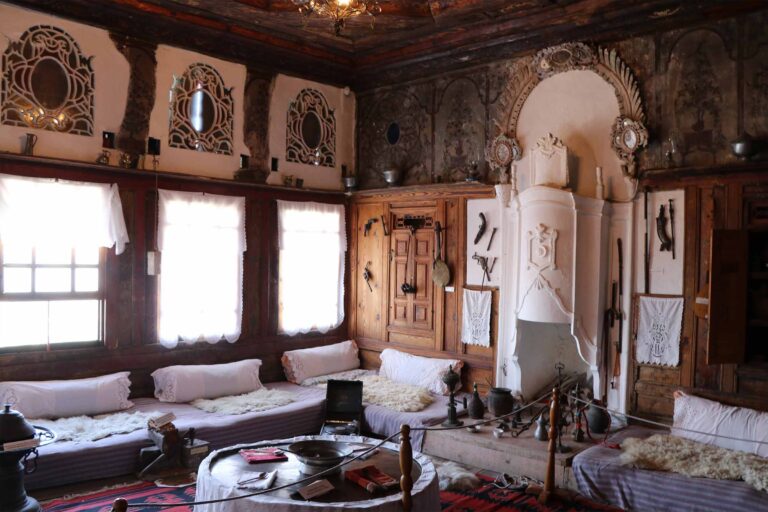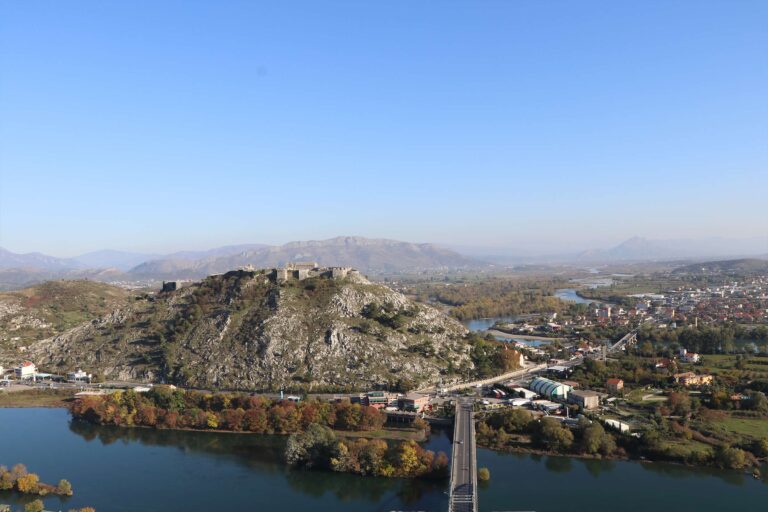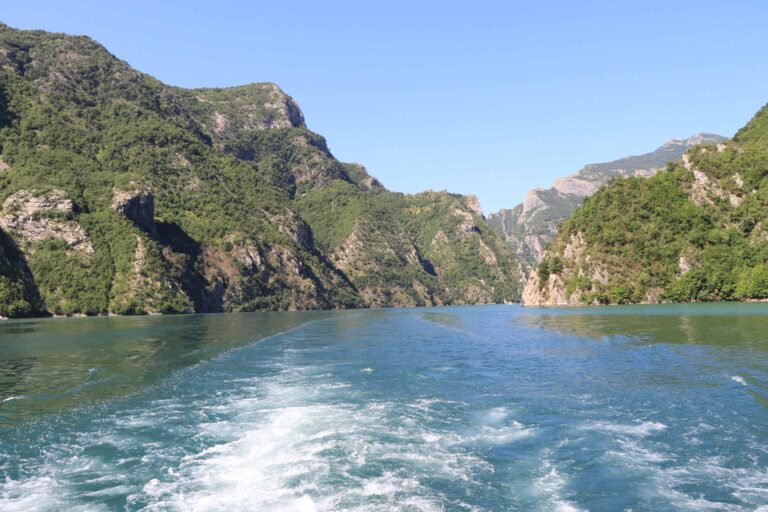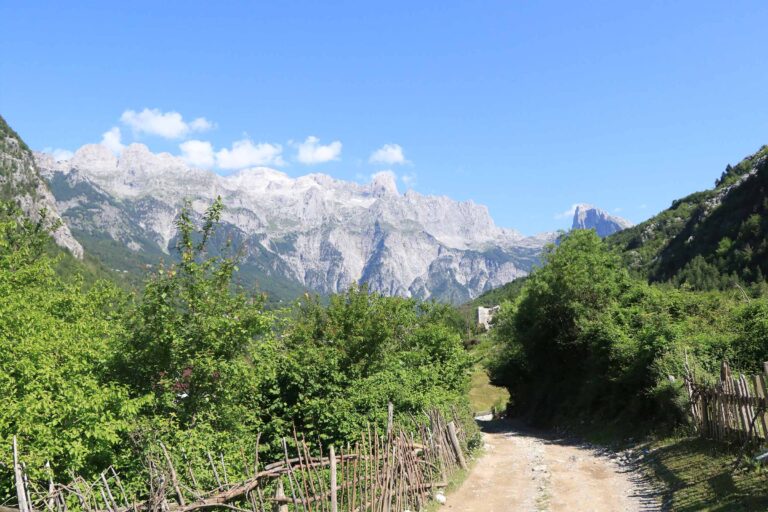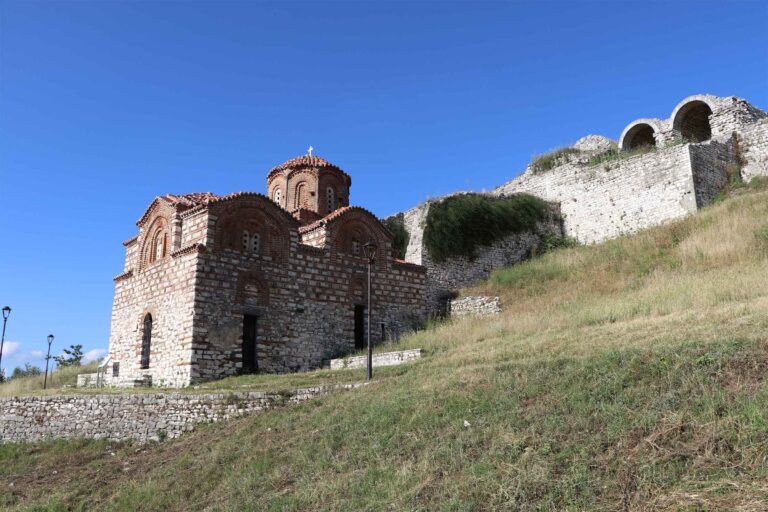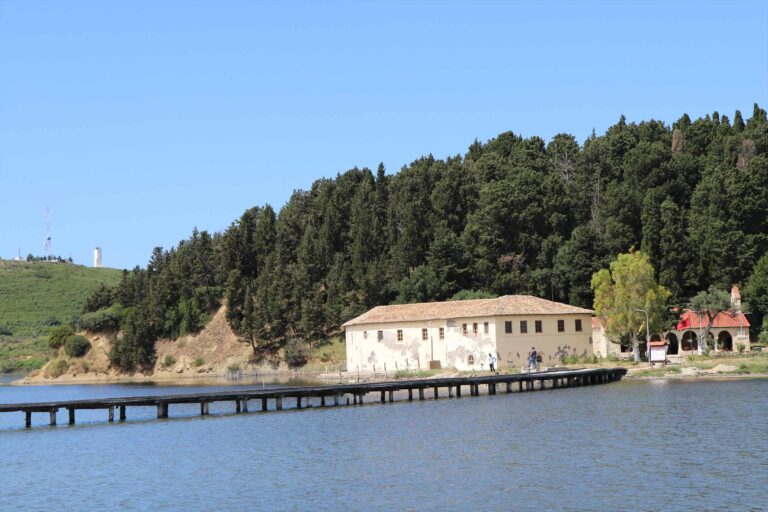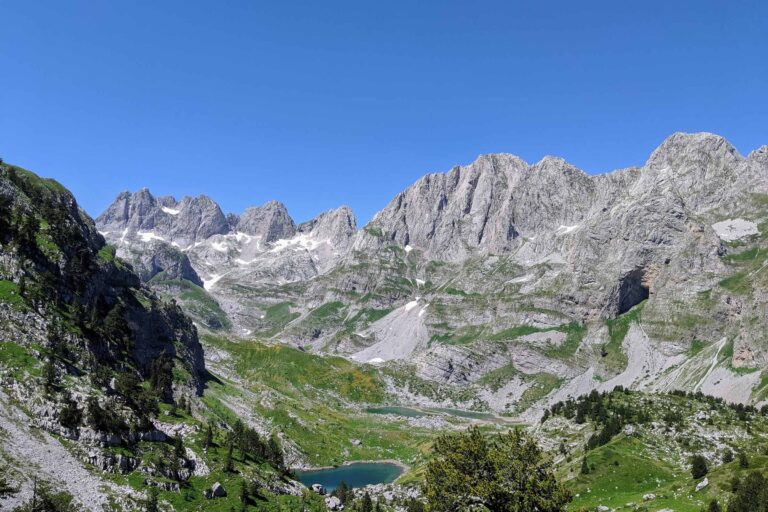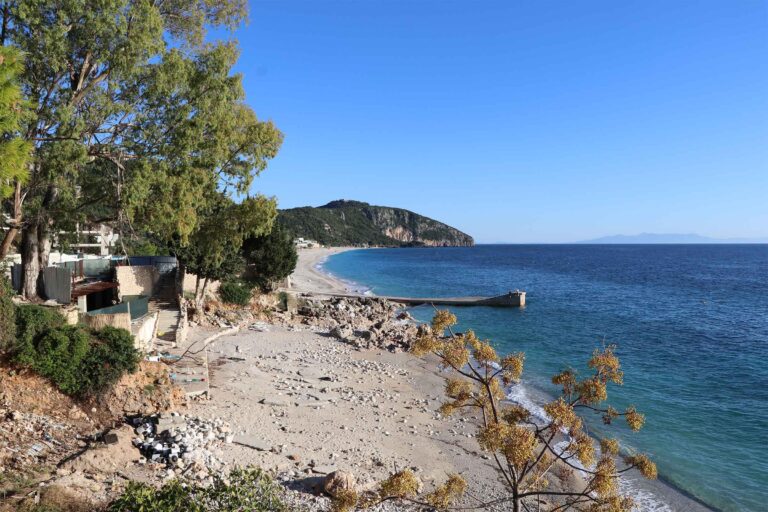Visit of Lezha. The city was founded by the Greek Dionysius I of Syracuse in the 8th century BC. According to historians, Lezha was the seat of the Lezha League created by Albanian hero Kastriot Skanderbeg to unify Albanian princes in the fight against the Ottomans. Skanderbeg was buried in Lezha Cathedral, dedicated to Saint Nicholas, and later transformed into a mosque. Today, this place is considered to be both a mosque and a church.
Departure to Durres, the second largest city in Albania which was once the departure of Via Egnatia. It allowed to go to Byzantium by crossing Albania and Greece.
Visit of the Roman Amphitheatre built in the 2nd century. This site, considered the second most important in terms of importance in the Balkans, is inscribed on UNESCO's list. Little work has been done to restore it, but it is possible to imagine the excitement that could reign there during its greatness. Nowadays, it is used as an open-air museum.
Head for the historic center where you can stroll along the old Byzantine walls, have a coffee at the top of the Venetian tower or walk along the many cobbled streets.
Departure to Berat. Luggage deposit at the hotel and visit of the antic city of “1000 windows”.
Overnight at the hotel.
